TEAMS Group Work Norm Posters from CPM
I’m excited to share these new TEAMS Group Work Norm Posters with you today.
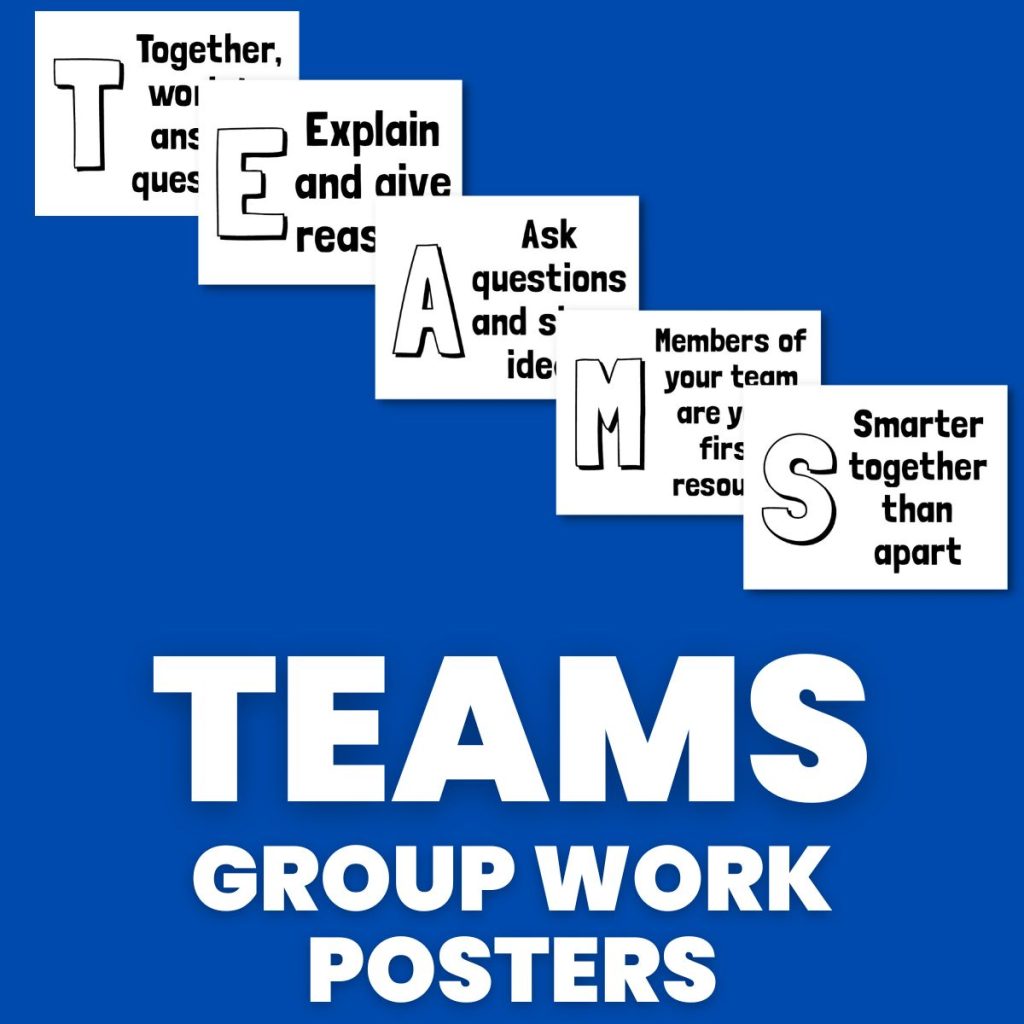
I think I’ve finally gotten over my “Oh my goodness school is out and grad school is done and I don’t have to do anything productive” phase. Yesterday, I wrote out a new SBG skills list for Algebra 1 for next year. Oklahoma has adopted new standards, so I had to make quite a few changes from what I used last year on top of all the normal “I don’t know what I was thinking when I chose to do it this way last year” changes.
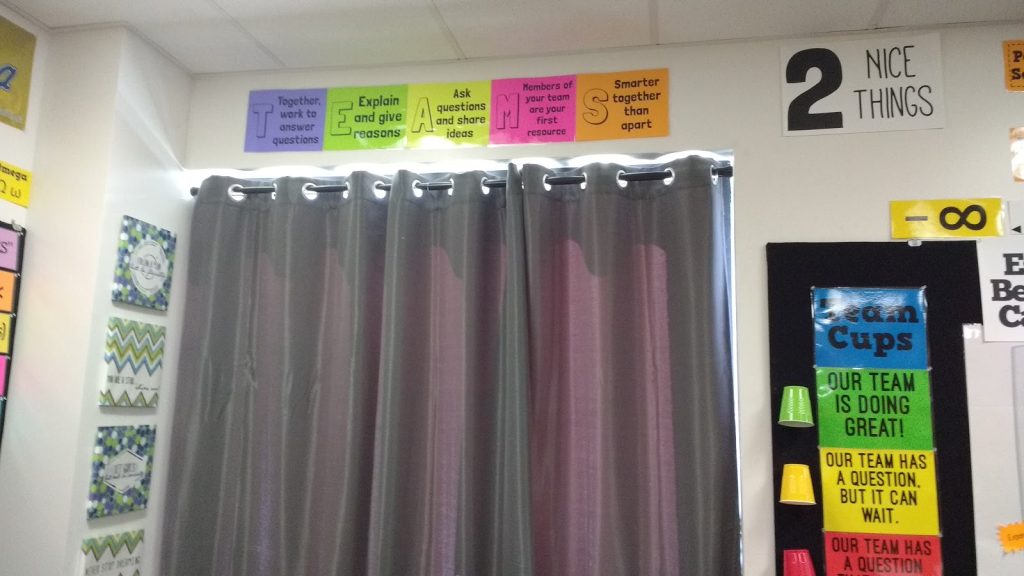
Today, I’ve been editing said skills list and thinking about what I want my classroom to be like next year. If you missed my previous post, I have a new classroom to decorate for next year! Due to budget cuts, we are having to consolidate our middle school and high school into a single building. Do you realize what a new classroom means? New places to hang posters! 😀
So, I can say that I have designed my first new poster for my new classroom next year! While flipping through CPM’s Core Connections Algebra book, I ran across a set of “Collaborative Learning Expectations” that spell out the word TEAMS. When I saw them, I instantly knew they were destined to be a poster in my classroom!
T: Together, work to answer questions
E: Explain and give reasons
A: Ask questions and share ideas
M: Members of your team are your first resource
S: Smarter together than apart
I’m excited to start brainstorming about ways to incorporate more group work in my classroom because my new classroom will be so much more conducive to group work than my old classroom. In my old classroom, putting the desks in groups of four meant not being able to walk across the classroom because the desks were so close together. In my new classroom, it seems like I should have quite a bit of space between groups!
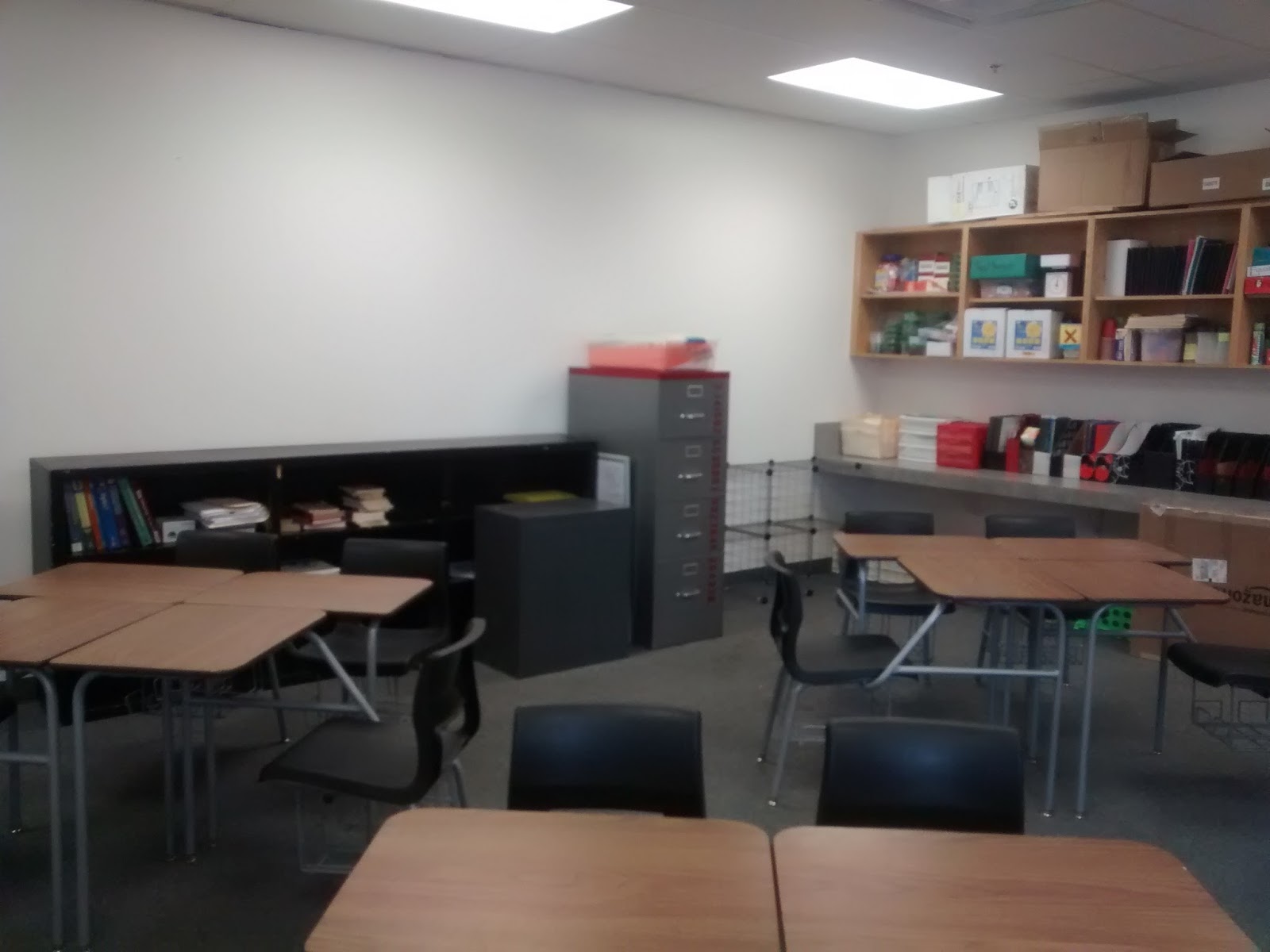
So, here are the posters I designed. They are made to print on letter sized paper.
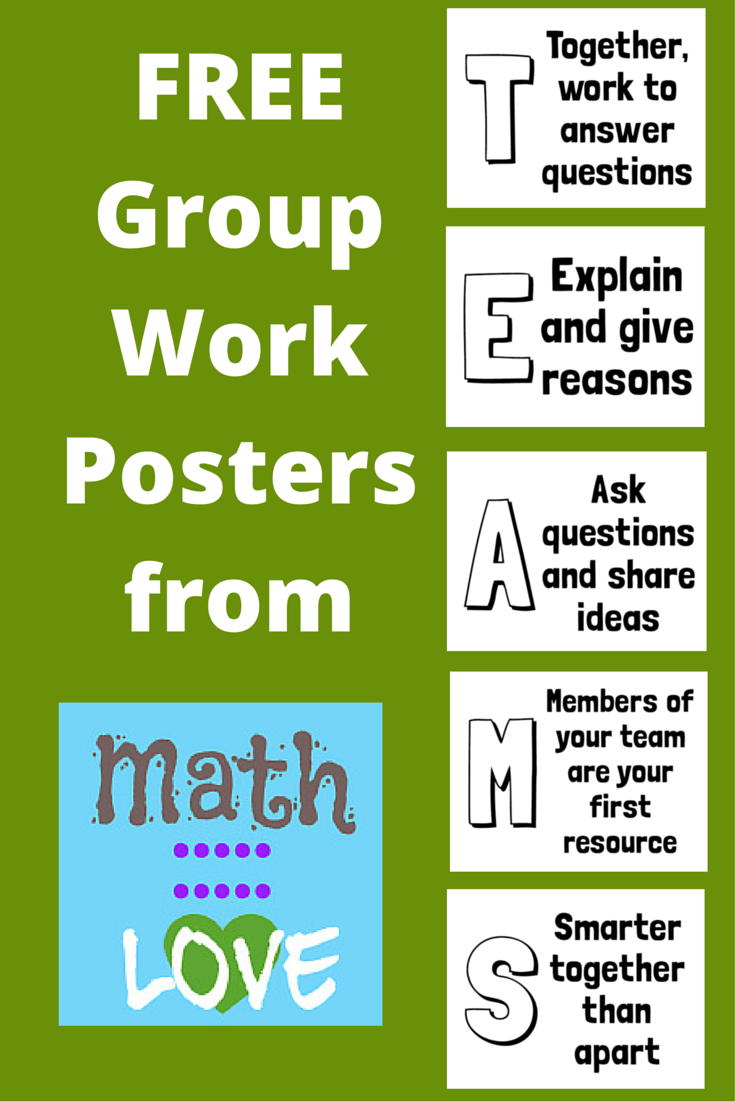
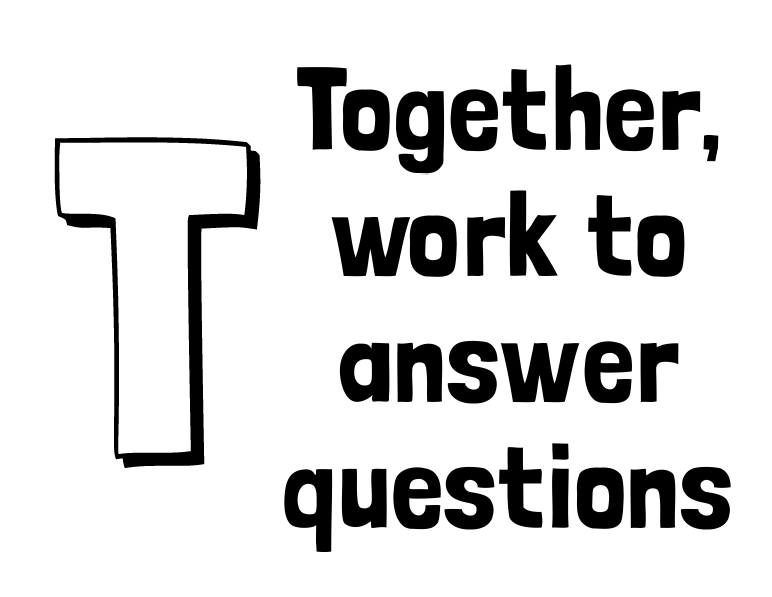
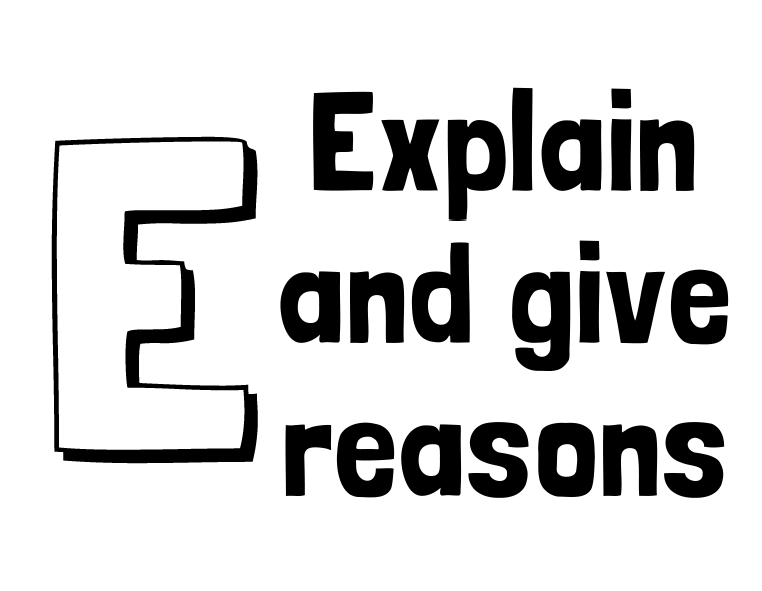
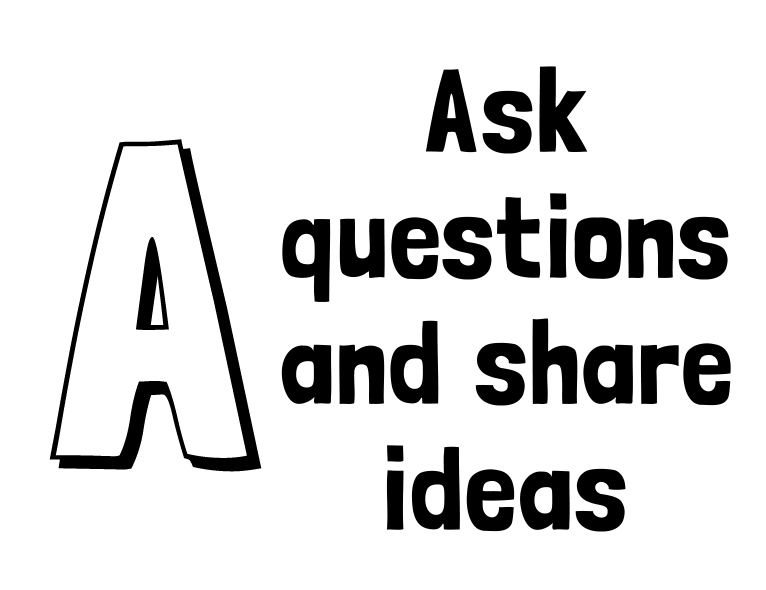
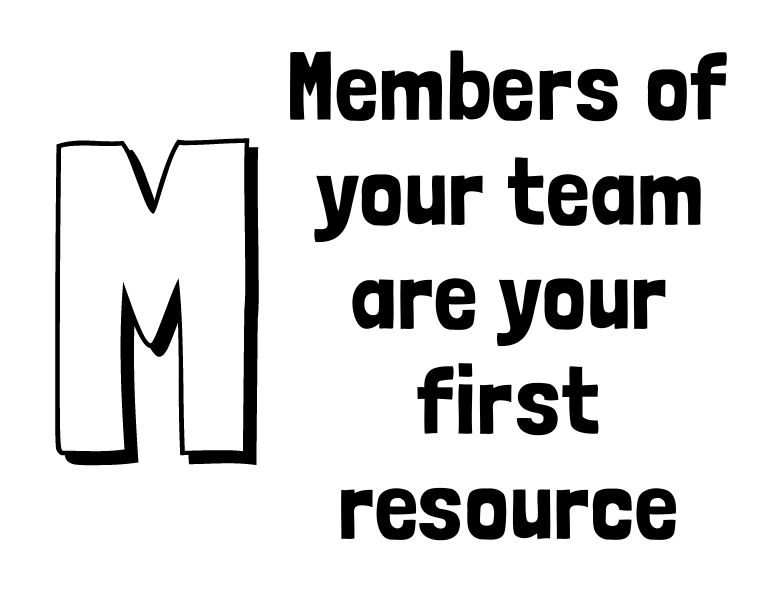
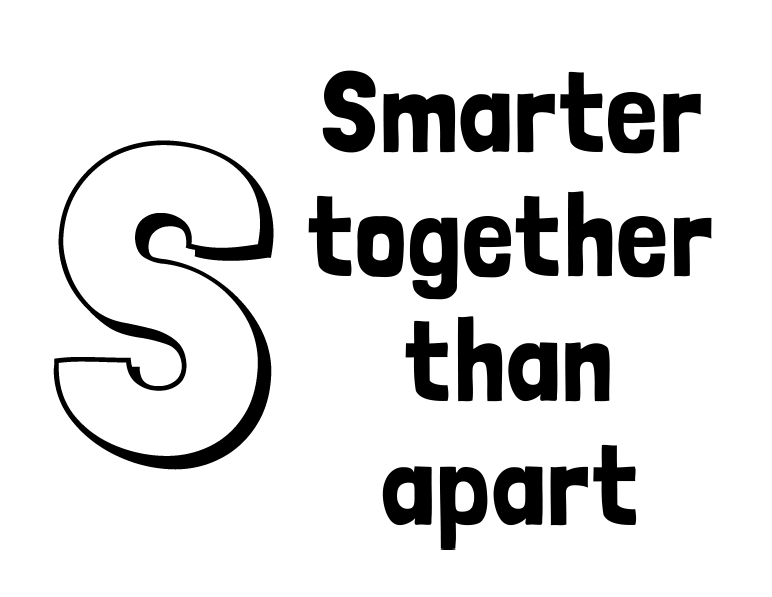
TEAMS Group Work Norm Poster Files
Click here to SAVE the file to your device.
TEAMS Posters (PDF)
2363 saves – 736.86 KB
If you choose the Publisher file, you’ll also need to install these free fonts: Londrina Shadow and Londrina Solid.
If you’re interested in other posters, you can find more here!

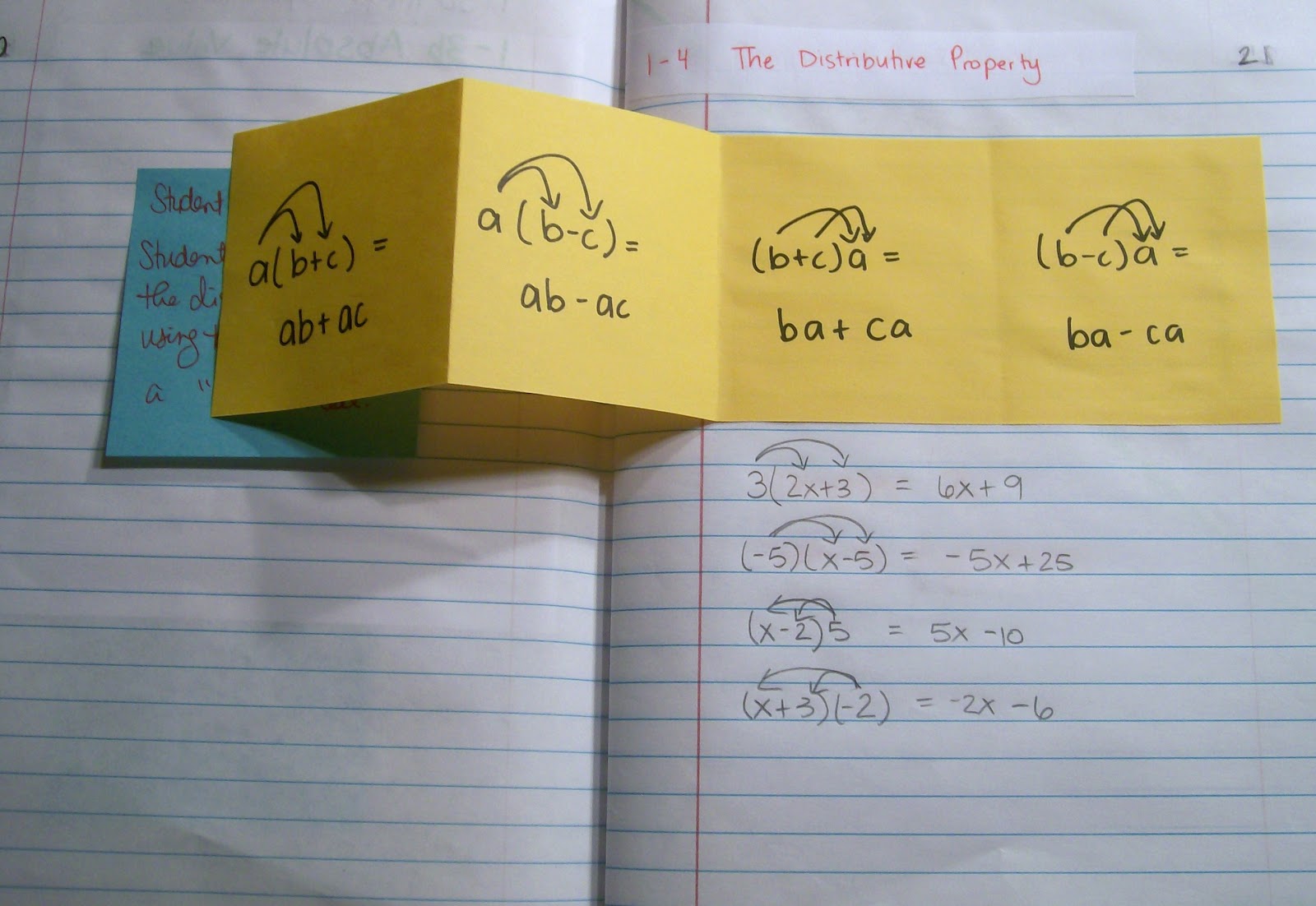
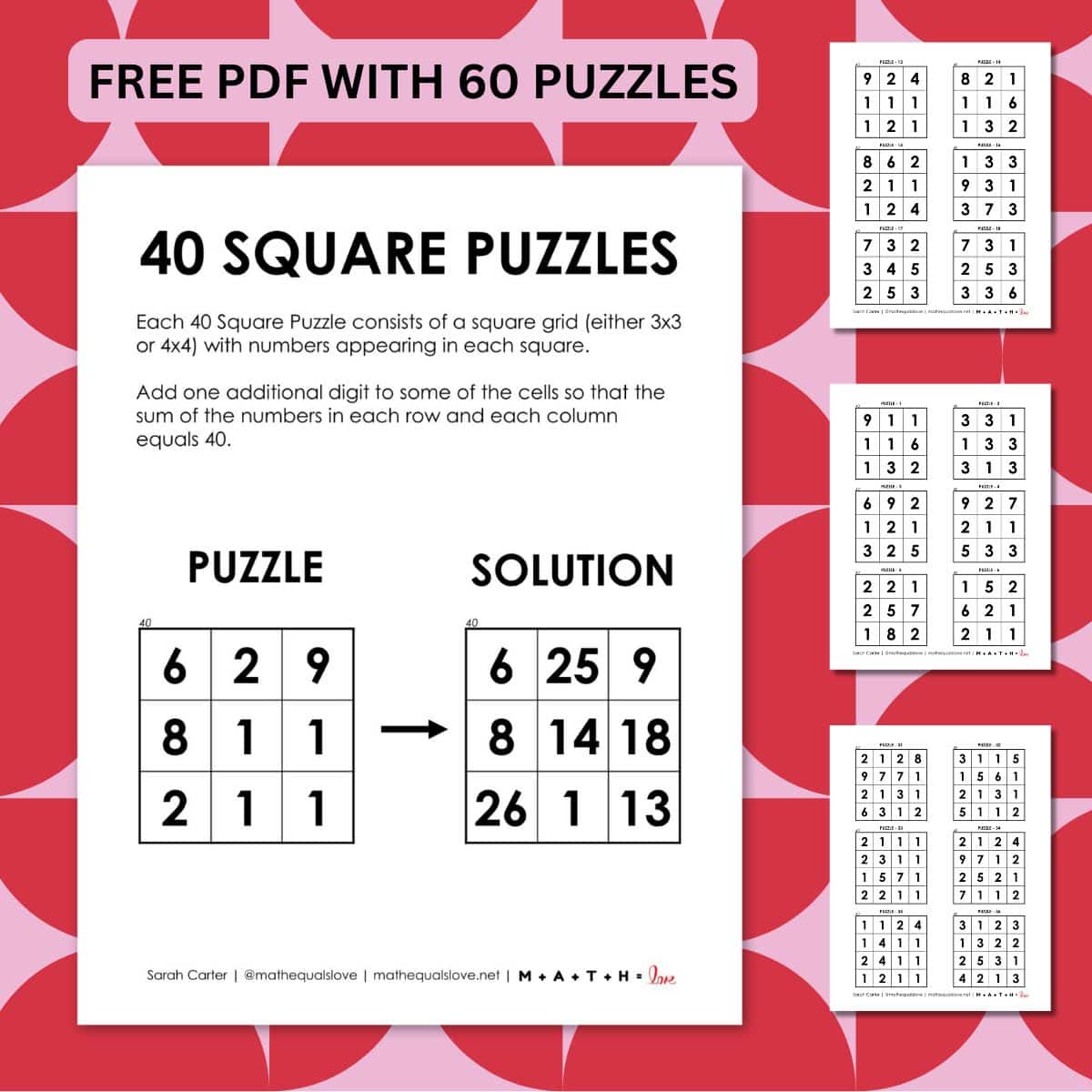

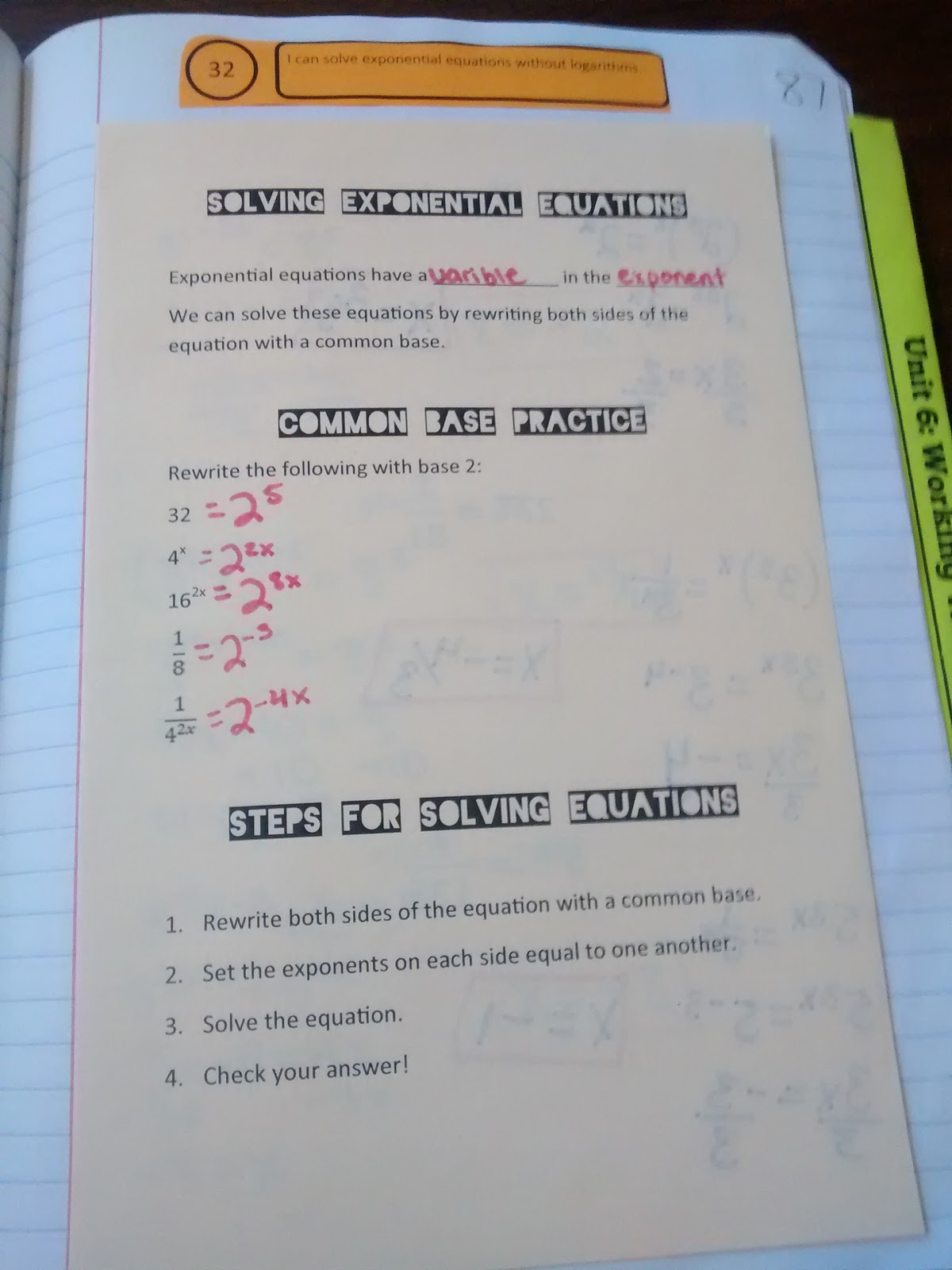
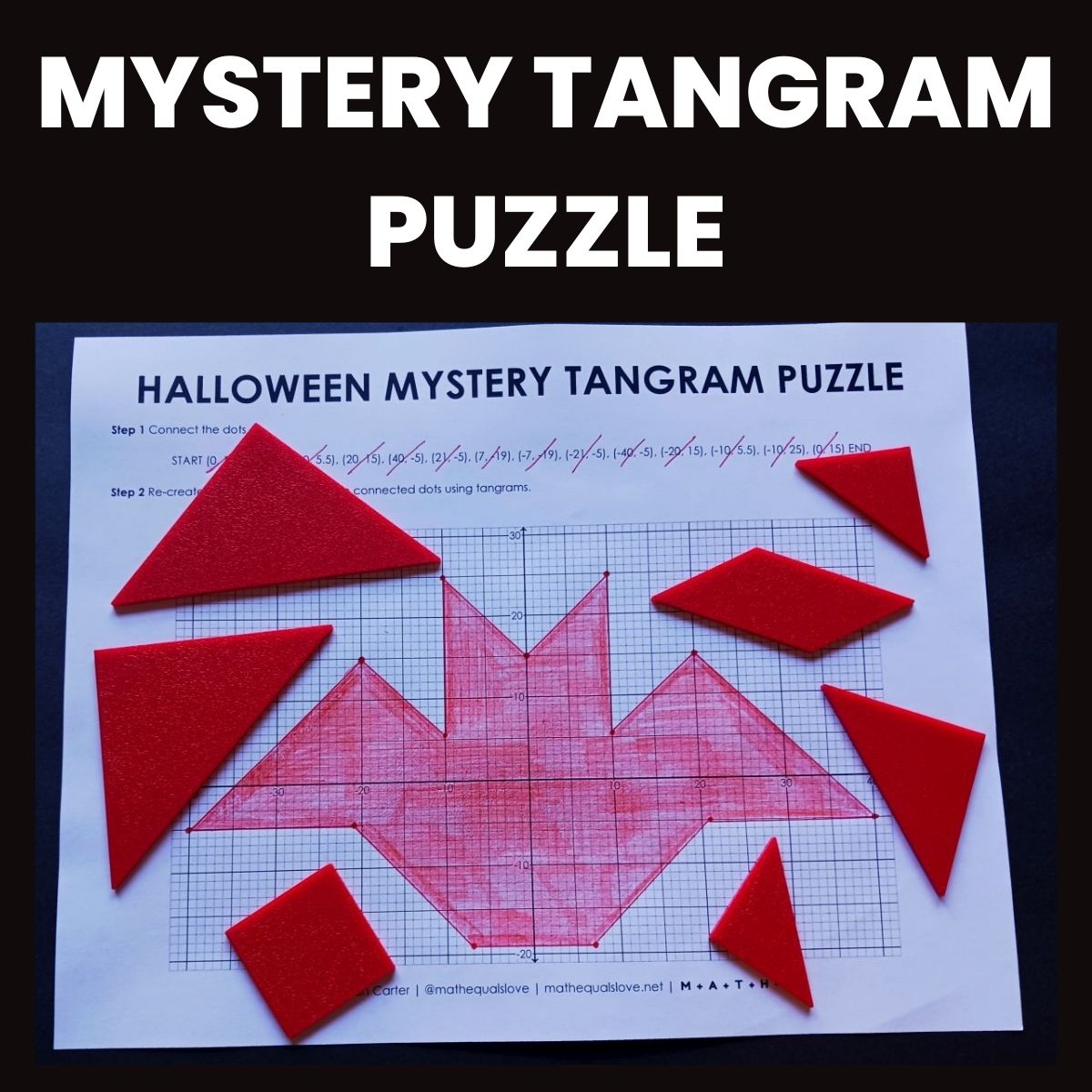
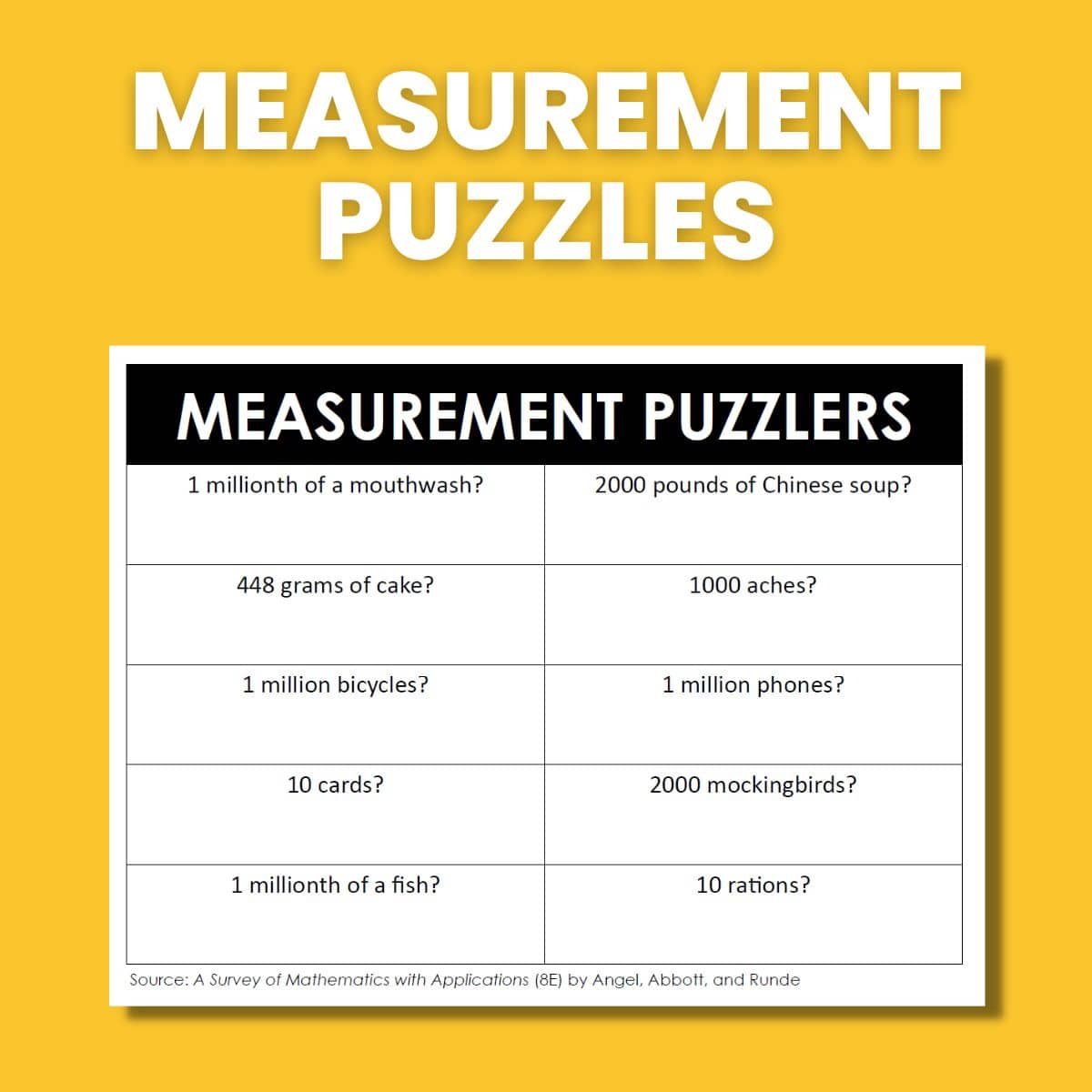
I would highly, highly, HIGHLY recommend reading "Designing Groupwork: Strategies for the Heterogeneous Classroom". It's about groupwork with the Complex Instruction model, which is what CPM was designed for. I took a grad school course in CI from one of the writers of the CPM Algebra Connections, and it's the "textbook" we used. I only occasionally use CPM now, but I refer to Designing Groupwork fairly regularly. It's very accessible, gives very concrete examples from real classrooms, AND has reproducibles in the back! You won't regret it.
I think you may be talking about Judy kych out of San Francisco state right? That was one of the required books. It came with a DVD and I want to investigate it more deeply. That's on the summer list.
It was actually an instructor at the University of Washington who used to be in San Fran. She relocated to Seattle to do CI work up here, but I think still flies down to collaborate with colleagues occasionally. I didn't know it came with a DVD! My copy didn't. I'll have to look into that!
Erin – Thanks for the book recommendation. It's been life-changing! 😀
I'd love to hear about how SBG has worked for you – maybe a future post?
Hi Sara, and everybody. I was asking some days ago about your two math classrooms, how somebody could teach using both rooms at the same time. This posting gave me the idea that collaborative learning in small groups could work in those two rooms. I really wonder if you have some experiences with this kind of teaching.
This topic is actually very interesting.
I have to admit that I don't really have experiences with that but I think one possibility for that collaborative learning in small groups could be the so called "Jigsaw technique". This is a technique that breaks classes into groups and assignments into pieces that the group assembles to complete the so called "jigsaw puzzle". So it makes students dependent on each other to succeed.
Any other ideas?